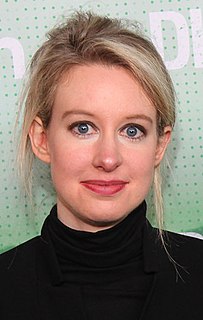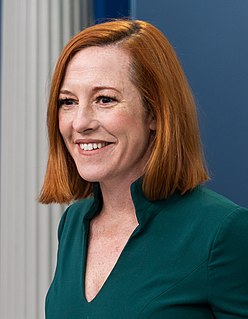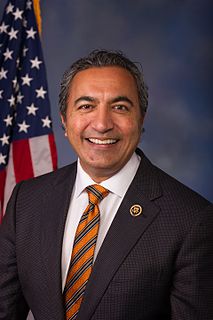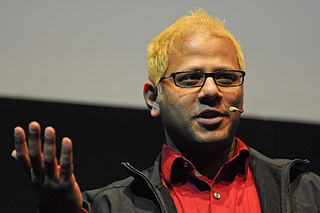A Quote by Elizabeth Holmes
Patients are empowered by having better access to their own health information, and then by owning their own data.
Related Quotes
In the case of health information, I spent twenty-five years practicing medicine, and I was all too familiar with the fact that information wasn't properly shared, so I wouldn't know exactly what was in the hospital records; patients would be lost. Computerization gives the opportunity to actually get the information much better.
Violence is sometimes a very practical solution but I don't think it is the ultimate solution. Owning a gun is not OK for me. But I could argue both sides. Why shouldn't people own them? I'm not fundamentally against citizens having access to a weapon but I think it has complications. It's probably not the wisest idea. Obviously, it has consequences. Personally, I do not own a weapon.
Google, Amazon, Apple. Any number of cloud providers and computer service providers who can increasingly limit your access to your own information, control all your processing, take away your data if they want to, and observe everything you do; in a way, that does give them some leverage over your own life.
Data isn't information. ... Information, unlike data, is useful. While there's a gulf between data and information, there's a wide ocean between information and knowledge. What turns the gears in our brains isn't information, but ideas, inventions, and inspiration. Knowledge-not information-implies understanding. And beyond knowledge lies what we should be seeking: wisdom.
Supported by digital data, new data-driven tools, and payment policies that reward improving the quality and value of care, doctors, hospitals, patients, and entrepreneurs across the nation are demonstrating that smarter, better, more accessible, and more proactive care is the best way to improve quality and control health care costs.



































